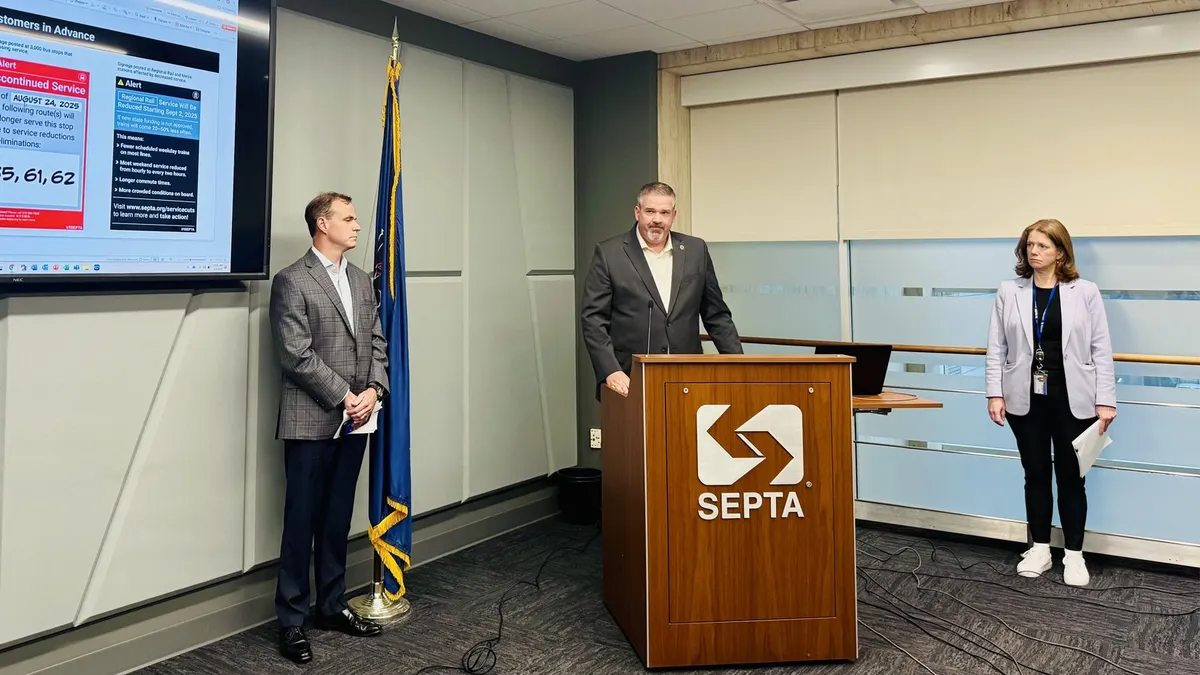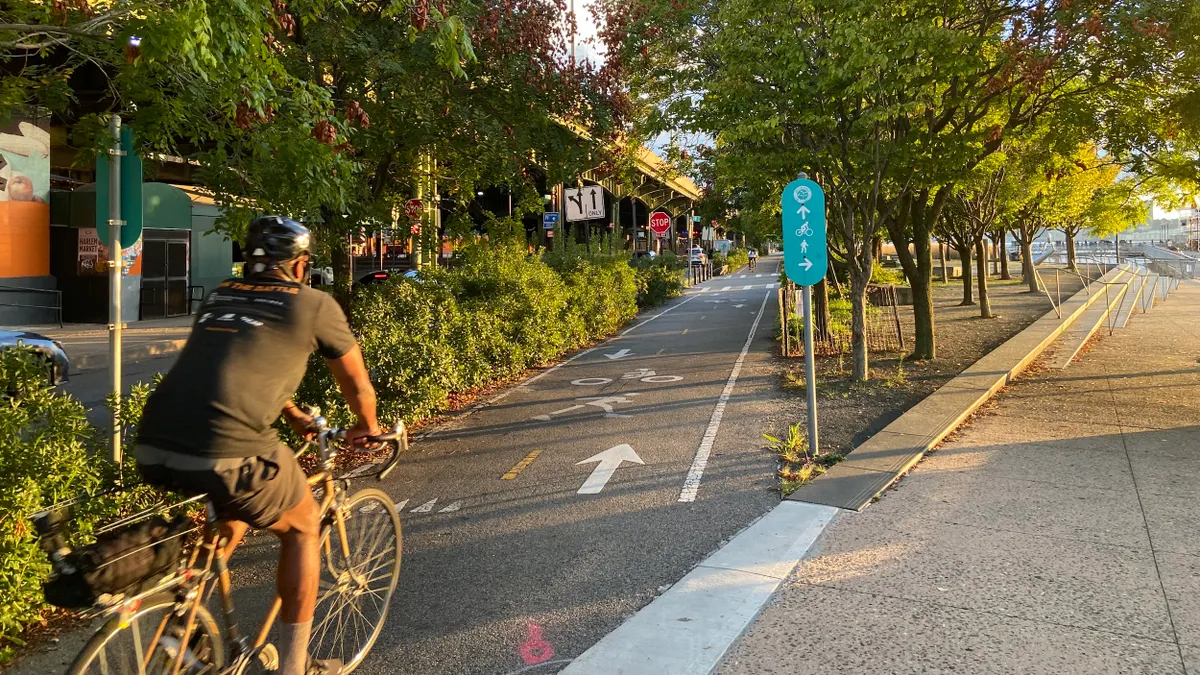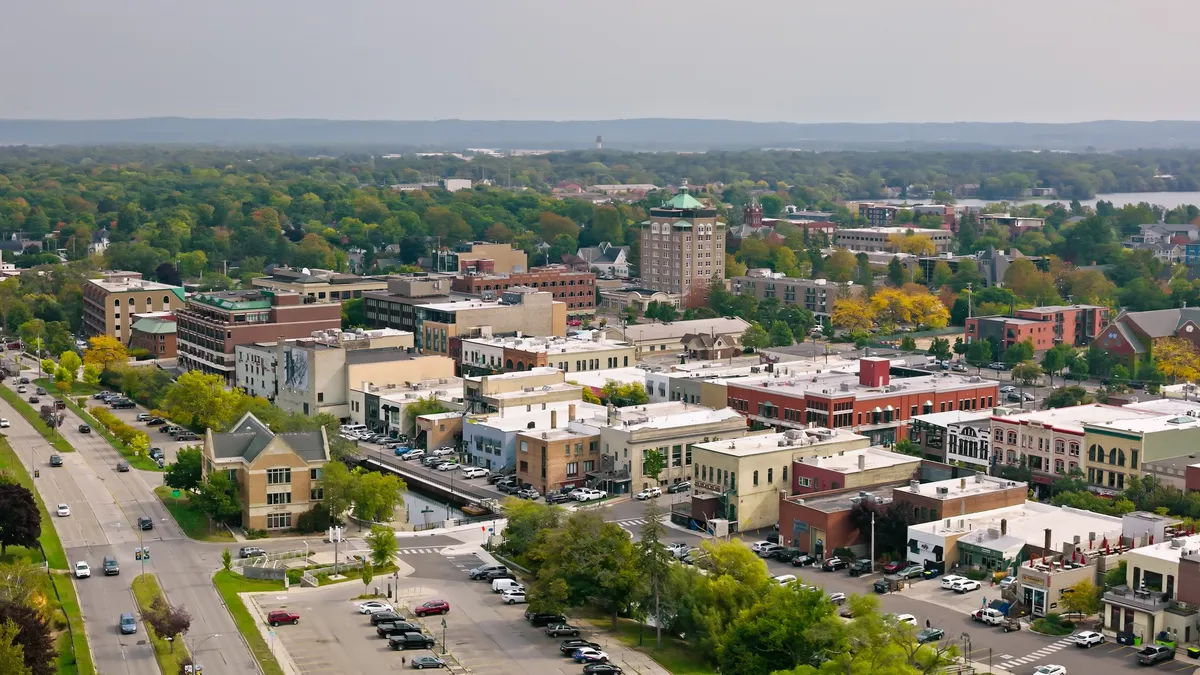Editor's Note: The following is a guest post from Kevin de León, strategic advisor at Elemental Excelerator, and Sara Chandler, director of equity and access at Elemental Excelerator.
Our society is facing two critical, inextricably linked threats: the changing climate, and the social inequality tied to our current economy that comes with the lack of investment in our underserved communities.
We can — and, in fact, must — work to solve both problems simultaneously. Entrepreneurs working in clean energy and other sustainable innovations must include frontline communities if we are to have any hope of meeting the challenge posed by catastrophic climate change.
People in underserved communities suffer disproportionately from pollution and reduced economic opportunities, a trend that reaches back to the Industrial Revolution, which kicked off a cycle of economic growth driven largely by burning fossil fuels. Formerly redlined communities, often located near highways, railway lines and refineries, experience higher rates of pollution-linked diseases like asthma, particularly among children, and suffer from chronic water quality issues.
Lack of clear access to healthy and nutritious foods also impact a community’s health. Meanwhile, the lack of clean, efficient transportation can affect residents’ earning potential. For example, a zip code is one of the best indicators of one’s socioeconomic prospects, largely because of legacy underinvestment in infrastructure and transportation options.
These communities are also among the most vulnerable to the impacts of climate change, like heatwaves, flooding, droughts and groundwater contamination. Yet entrepreneurs with clean technologies frequently overlook the people who stand to gain the most from the benefits of their innovations. As climate change marches into climate chaos, their disproportionate share of the burden of pollution will only increase.
That is no longer a viable business model. Startups must pursue a strategy of equity and inclusion, not only to avert a climate disaster, but also to grow their businesses, realize the positive impact they envision and ensure all communities have clean and affordable food, water, transportation and energy.
Addressing equity and ensuring access
Organizations and investors across the U.S. are beginning to embrace the model of equity to avert the crisis of climate change. Sustainability-focused tech accelerators and venture capital firms are incubating critical solutions in the water, food, energy and mobility sectors that transition us to a more sustainable – and equitable – economy.
Water
As we’ve seen repeatedly in cities like Flint, MI and Paradise, CA, water quality is a major issue for frontline communities. Wastewater management software can help utilities identify sources of pollution in water systems. By pinpointing individual polluters like farms or industrial facilities, it empowers municipalities and communities to hold polluters accountable and provide residents with clean water.
New technologies are also emerging that decentralize water treatment, with more modular solutions quickly becoming scalable and more cost-effective than traditional centralized infrastructure.
Food
Every year in the U.S., we waste over 72 billion pounds of edible food, yet 42 million people suffer from food insecurity and a disproportionate number of those being from frontline communities. A number of companies are tackling food scarcity and "food deserts" in these neighborhoods through logistics and managing food waste, taking healthy food that would otherwise go to waste and delivering it to communities that need it the most.
Food waste is just part of the broader food system, and there’s significant innovation happening upstream, too, ranging from AI-enabled farming solutions to carbon sequestration and soil remediation.
Energy
Although California leads the nation in solar deployment, affordable solar is frequently unattainable for residents who don’t own a single-family home. Several companies are tackling this with solutions that include behind-the-meter technology that allows multi-family and affordable housing units to share electricity generated from a single rooftop solar installation; gamification apps that encourage consumers to save energy when demand is high; and new financing models that enable low-to-moderate income shared solar.
Mobility
Cities are awash in new mobility technologies, but many are still not available to the communities that need affordable transit the most. One way to tackle that is through meaningful community and stakeholder engagement and using data to give cities the information they need to design the best possible transportation system.
Efficient public transit and safer streets means incorporating new modes of mobility and prioritizing under-served neighborhoods. Technologies that make transit cleaner, including micromobility and electrification solutions, are also proliferating, but it’s crucial that we make this clean transit infrastructure available to a broader population.
Hope for the future
Thanks to new technologies and business models in mobility, food, water, waste and energy, communities can have both a robust economy and a cleaner place to live. The world needs creative entrepreneurs operating at the nexus of community and climate to avoid worsening climate disasters and inequality. Companies that pursue a strategy of inclusion and equity and factor in the needs of frontline communities can benefit their bottom line, the planet and the people who need creative solutions the most.

















